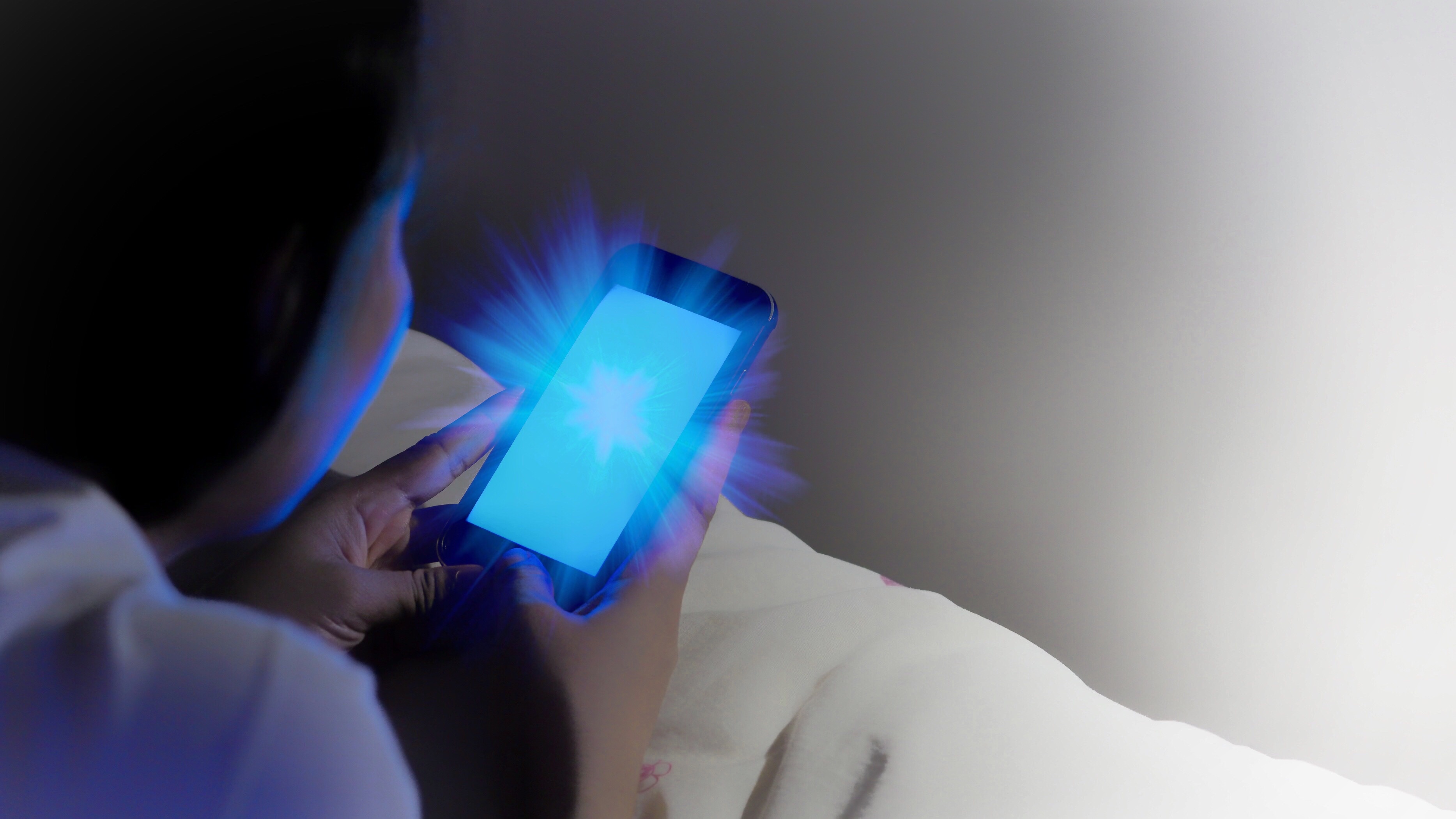
In an article published in HuffPost, dermatologists discussed if blue light from smartphones and other screen-based devices may accelerate skin aging. They explained that blue light has wavelengths between 450 and 495 nm compared with ultraviolet light, which has wavelengths of 280 to 400 nm. They noted that the sun, digital screens, and light-emitting diode and fluorescent lights may all be responsible for producing blue light. Recent studies have demonstrated that this type of light may cause redness, premature aging, fine lines, wrinkles, uneven pigmentation, and hyperpigmentation. Further, blue light can increase melanin production and contribute to collagen and elastin degradation. However, physicians also use blue light to treat acne, eczema, psoriasis, and precancerous skin cells. The dermatologists emphasized that despite its uses, individuals with medium to dark skin tones may benefit from anti–blue light skin-care products—which are designed to protect against eye damage, hyperpigmentation, and melasma. For those who are exposed to blue light for long periods of time, experts advised using products containing antioxidants such as vitamin C, vitamin E, green tea extract, and lingonberry; niacinamide; licochalcone A; and iron oxides.